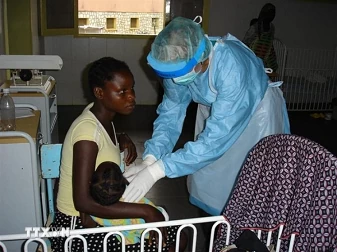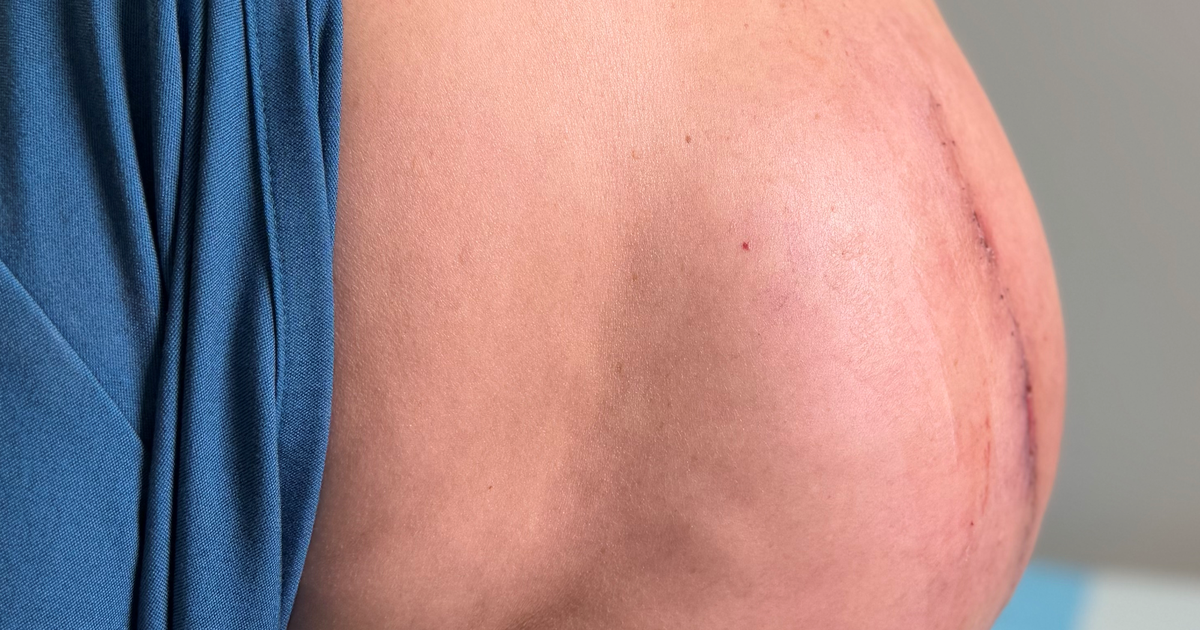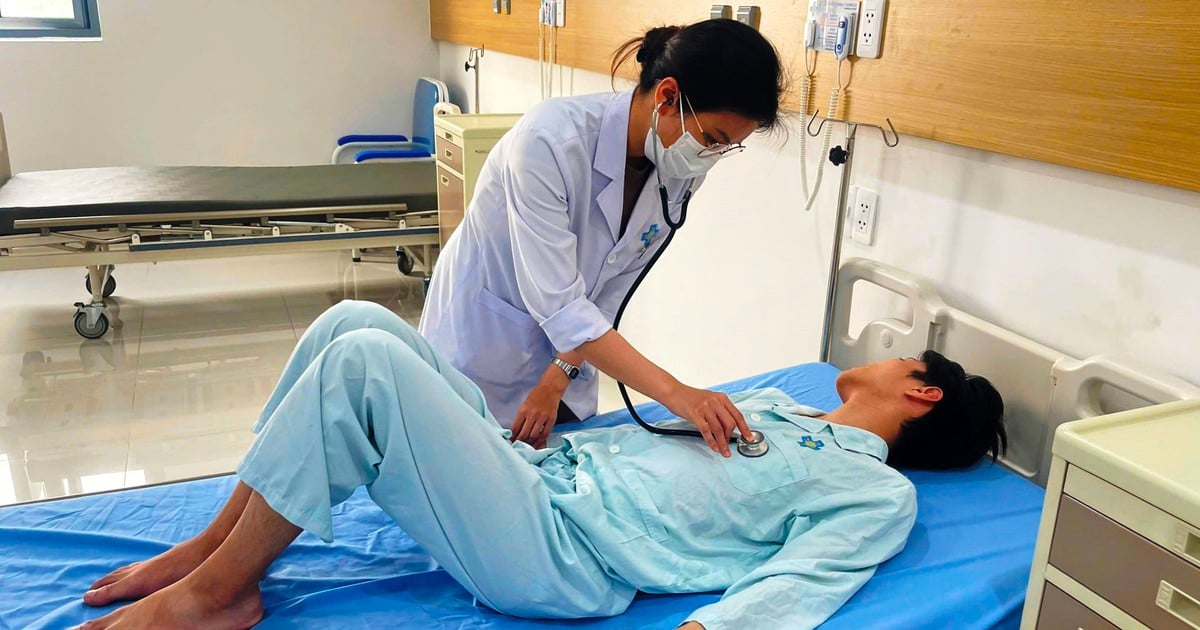Rwanda has confirmed six deaths from the Marburg virus disease (MVD) in an outbreak that has affected 26 people nationwide.
Speaking on national television on September 28, Rwandan Health Minister Sabin Nsanzimana announced that six people had died from Marburg virus infection - a hemorrhagic fever with a similar level of danger to Ebola.
 |
| A patient infected with the Marburg virus is treated at a hospital in Uige province, Angola. (Source: AFP) |
Marburg virus can cause high fever and is often accompanied by severe bleeding in many parts of the patient's body.
Rwanda’s Ministry of Health said those infected and killed were mostly health professionals. So far, about 20 patients have been treated and authorities are still trying to trace their contacts.
Health Ministry officials are working with relevant partners to try to contain the deadly virus through contact tracing and isolation of infected people.
“We urge Rwandans to remain vigilant and increase preventive measures by ensuring hygiene, washing hands with soap, disinfecting hands and avoiding contact with infected people,” Mr Nsanzimana added.
Marburg virus and Ebola virus are both members of the filovirus family, which have caused several deadly outbreaks in Africa. The name "Marburg" comes from the town in Germany where the virus was first identified in 1967 in a laboratory where workers had been exposed to infected green monkeys imported from Uganda.
In Africa, the first Marburg outbreak was recorded in South Africa in 1975, followed by two outbreaks in Kenya in the 1980s. In addition, severe outbreaks have occurred in Angola, Ghana, Guinea, Uganda, the Democratic Republic of the Congo, and most recently in Equatorial Guinea and Tanzania in 2023.
Marburg virus can be transmitted from several animal species to primates, including humans, and human-to-human transmission occurs through contact with blood or other body fluids.
Currently, Marburg remains a disease with a high mortality rate, while there is no vaccine or specific treatment. However, patients can receive supportive care with oral or intravenous rehydration, combined with treatment of specific symptoms to increase the chance of survival.
Source: https://baoquocte.vn/canh-bao-dich-marburg-gay-tu-vong-cao-xuat-hien-tai-rwanda-288108.html


![[Photo] Closing of the 4th Summit of the Partnership for Green Growth and the Global Goals](https://vstatic.vietnam.vn/vietnam/resource/IMAGE/2025/4/17/c0a0df9852c84e58be0a8b939189c85a)
![[Photo] National Assembly Chairman Tran Thanh Man meets with outstanding workers in the oil and gas industry](https://vstatic.vietnam.vn/vietnam/resource/IMAGE/2025/4/17/1d0de4026b75434ab34279624db7ee4a)
![[Photo] Nhan Dan Newspaper announces the project "Love Vietnam so much"](https://vstatic.vietnam.vn/vietnam/resource/IMAGE/2025/4/17/362f882012d3432783fc92fab1b3e980)
![[Photo] General Secretary To Lam receives French Ambassador to Vietnam Olivier Brochet](https://vstatic.vietnam.vn/vietnam/resource/IMAGE/2025/4/17/49224f0f12e84b66a73b17eb251f7278)

![[Photo] Promoting friendship, solidarity and cooperation between the armies and people of the two countries](https://vstatic.vietnam.vn/vietnam/resource/IMAGE/2025/4/17/0c4d087864f14092aed77252590b6bae)



























![[Photo] Welcoming ceremony for Chinese Defense Minister and delegation for friendship exchange](https://vstatic.vietnam.vn/vietnam/resource/IMAGE/2025/4/17/fadd533046594e5cacbb28de4c4d5655)


























![[Video] Viettel officially puts into operation the largest submarine optical cable line in Vietnam](https://vstatic.vietnam.vn/vietnam/resource/IMAGE/2025/4/17/f19008c6010c4a538cc422cb791ca0a1)






































Comment (0)